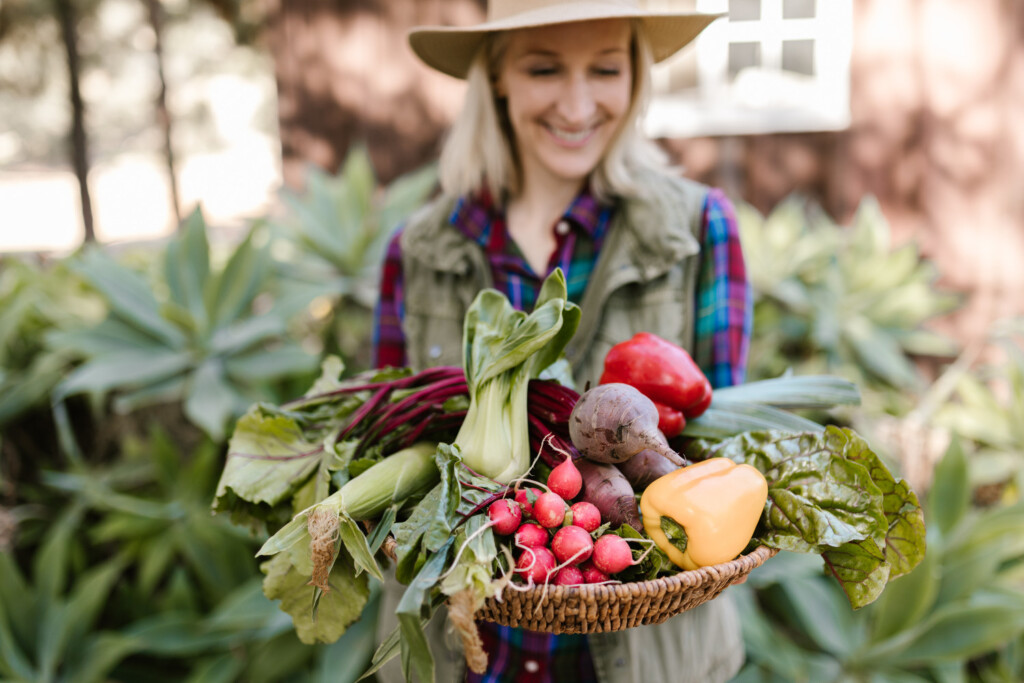Learn the Secret to Longer-Lasting Freshness: Essential Tips for Storing Your Produce

Are you tired of tossing out wilted greens and mushy fruits? According to the USDA, the average family of four in the US will lose $1500 annually to food waste. With a few simple tricks, you can extend the life of your fresh fruits and vegetables, keeping them crisp and delicious for days longer. These storage tips will help you get the most out of your groceries and reduce food waste.
Fruits like apples, bananas and pears produce ethylene gas. This gas causes produce to ripen faster. Certain vegetables such as asparagus, onions, broccoli and collard greens are especially sensitive to ethylene gas. Due to this sensitivity, it is best to avoid storing these types of produce items together.
Citrus fruits such as lemon, limes and oranges are best if stored on the countertop for up to a week. At peak ripeness they can also be put into the refrigerator for longer-term storage. Store most other fresh fruits in their original packaging in the crisper drawer of the refrigerator.
- Avocados: It is best to refrigerate ripe or almost ripe avocados.
- Apples: The crisper drawer of a refrigerator creates ideal conditions to keeping them cool.
- Bananas: Store on countertop (up to seven days, depending on how ripe they are from the store). Use a holder with a hook to hang bananas instead of stacking them on top of each other, which can cause bruising.
- Cherries, grapes, strawberries and blueberries: Store in refrigerator and only wash when ready to eat.
Root vegetables: Root vegetables such as carrots and turnips stay better for longer if you remove any leafy green tops and refrigerate in a plastic bag in a crisper drawer.
Fresh herbs: Trim any extra leaves or brown bits, trim stems and place in a water cup. Cover loosely with a plastic bag and refrigerate.
Greens: Crisp greens are the key to any good salad. To keep greens such as lettuce, kale and spinach crisp, they should be kept in the refrigerator in a glass container with a paper towel after rinsing.
Some produce items are best kept at room temperature, these includepotatoes, squash, sweet potatoes, garlic, onions, tomatoes, eggplants, peppers and beets. These should be stored in a cool, dark place with good air circulation, such as a pantry, and can last up to a month. Winter squashes like butternut and acorn squash can last up to six months if stored in a cool, dark place.
Once fruits and vegetables are cut, chopped or cooked, they should be refrigerated in covered containers. Avoid leaving cut, peeled and cooked fruits and vegetables at room temperature for more than two hours. To keep apples from browning/discoloration after cutting, put them in a bowl with water and a teaspoon of salt, or squeeze some lemon juice before storing in a glass container or wrapping it tightly in plastic/beeswax wrap.
Quick tips:
- Store fruit unwashed, this prevents them from ripening quickly as excess moisture can cause them to ripen faster.
- Glassware containers are the best for storing produce items in a refrigerator.
- Too many ripe bananas? Peel and freeze for later use in banana bread or this healthy smoothie recipe!
